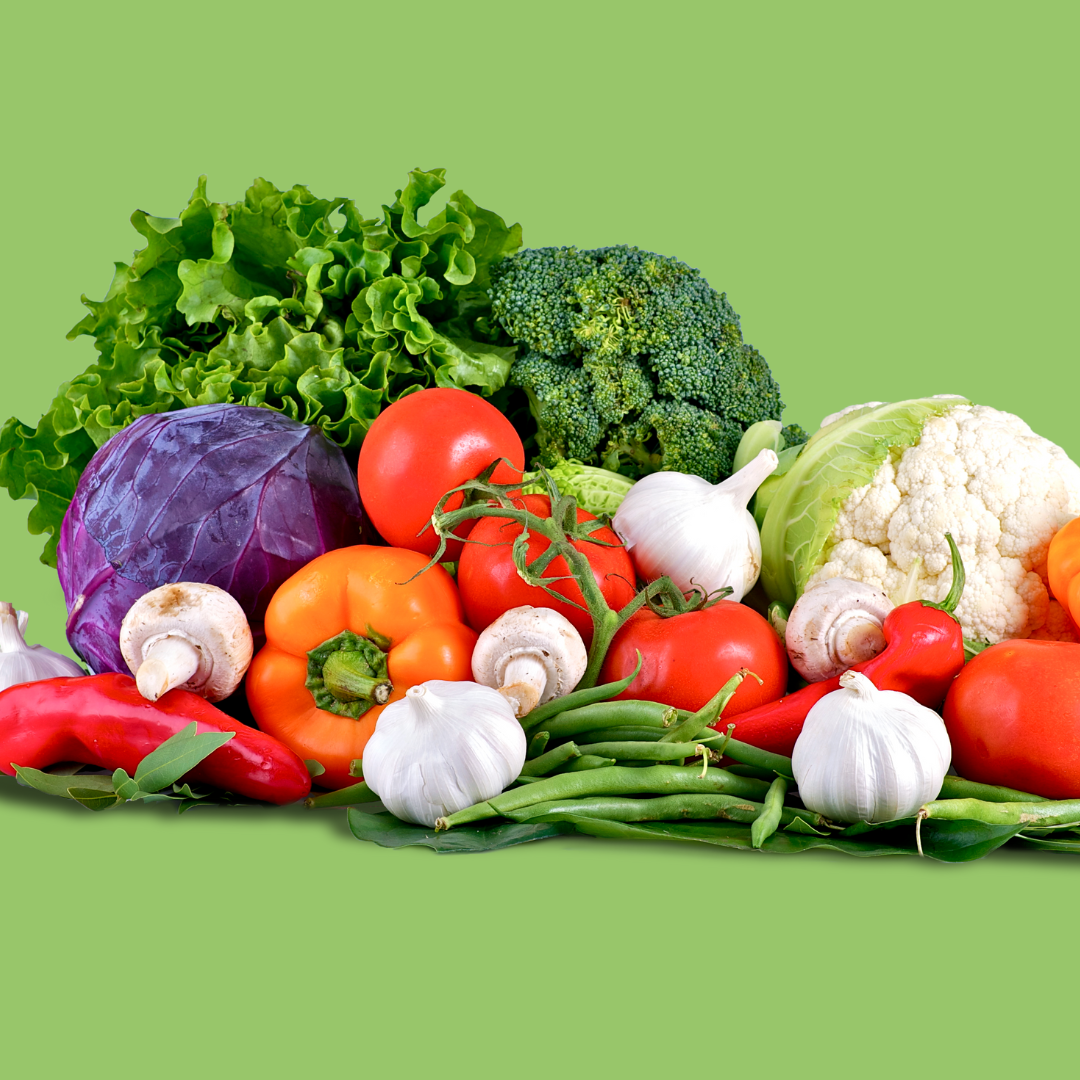For managing type 2 diabetes, it's recommended to focus on a balanced diet that includes nonstarchy vegetables, high-fiber fruits, lean proteins, healthy fats, whole grains, and nonfat or lowfat dairy products. On the other hand, foods to limit or avoid are those high in sugars, saturated fats, and sodium such as chips, cookies, white bread, pasta, canned soups, microwaveable meals, and candy. For beverages, opt for unsweetened choices like water and seltzer, and be cautious with alcohol and artificially sweetened drinks. Each person's dietary needs can vary, so these are general guidelines to help manage blood sugar levels and support a healthy weight.
The Benefits of Fresh Foods.
Consisting primarily of whole grains, fruits, vegetables, and lean proteins, fresh foods are rich in the nutrients our bodies require to operate at their highest capacity.
There are numerous health benefits associated with the consumption of fresh foods, including enhanced digestion, weight management, and a decreased risk of chronic diseases such as cardiovascular disease, type 2 diabetes, and certain cancers.
In contrast, processed foods frequently contain lower concentrations of vitamins and minerals than fresh foods. Furthermore, they supply antioxidants, which aid in the mitigation of inflammation and promote holistic well-being. By including an assortment of fresh foods in one's dietary regimen, one can potentially bolster their immune system, increase their energy levels, and promote the heath of their skin.
Why to Avoid Processed Foods?
Avoiding highly processed foods is beneficial because these foods often contain added sugars, unhealthy fats, and high levels of sodium, which can contribute to health issues like obesity, heart disease, and high blood pressure.
Additionally, processed foods tend to be low in essential nutrients and fiber, which are crucial for maintaining overall health and promoting a healthy digestive system. Opting for whole, minimally processed foods supports better nutrition and overall wellness.
Why Avoid Soft Drinks?
Avoiding soft drinks is advisable due to their high sugar content, which can contribute to weight gain, increased risk of type 2 diabetes, heart disease, and tooth decay. Many soft drinks also contain artificial additives, including colors and flavors, that may have negative health effects. Furthermore, consuming these beverages can lead to poor nutrition by displacing healthier options rich in vitamins and minerals. Choosing water, herbal teas, or infused water instead can promote better hydration and overall health.
In addition to phosphoric acid, sodas can contain acetic, fumaric, and gluconic acid. High acidity in processed foods and drinks erodes the enamel on teeth, worsens the effects of GERD (gastroesophageal reflux disease), and leads to gastric lining erosion.
About Fruit
It is not impossible for individuals with diabetes to consume a modest amount of sugar in their healthful diet. Clinical research has demonstrated that sugar and foods containing sugar do not cause a greater rise in blood glucose levels than other starchy carbohydrates.
As opposed to completely abstaining from sugar, the majority of international diabetes organizations recommend limiting consumption of high-added-sugar, low-nutritional-value foods, including candies, pastries, confections, soft beverages, and desserts. In addition to influencing blood glucose regulation, these food categories may also have an impact on weight management and dental health.
In addition to low GI whole grain breakfast cereals, fruit yoghurts, and home-baked fruit-based desserts (prepared with reduced sugar content), there are additional nourishing foods that can be incorporated into a healthy eating regimen.
Generally, foods that are rich in nutrients and inherently contain sugar, such as fruit and dairy products, should be prioritised.

